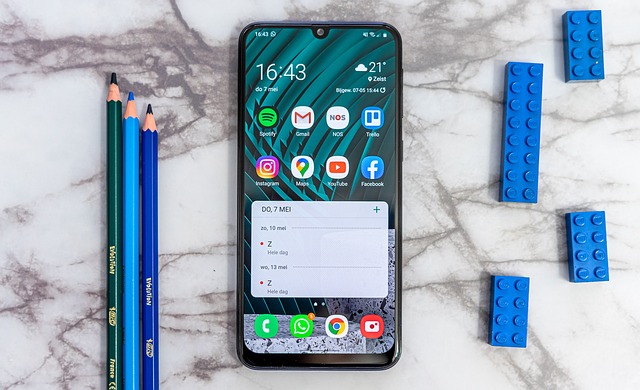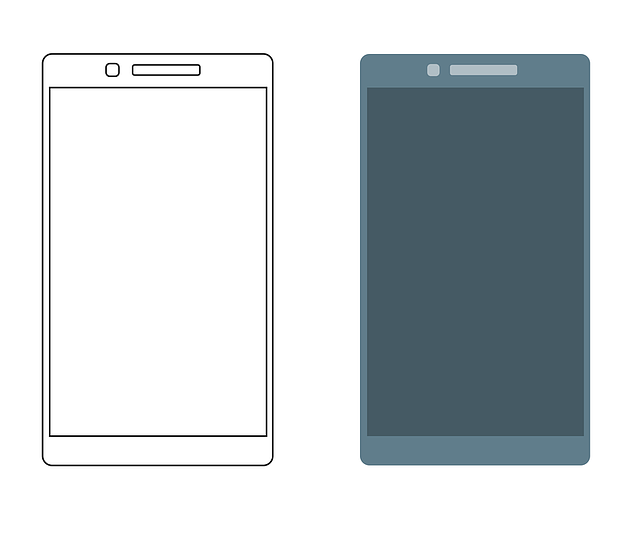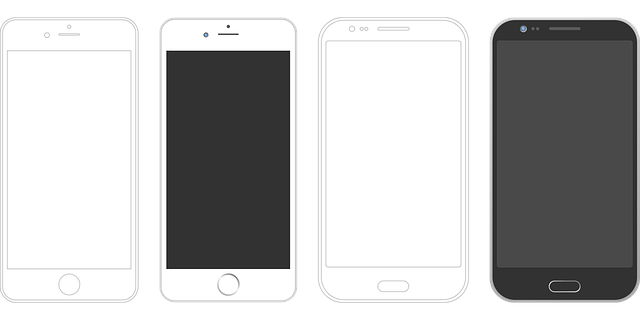South Carolina has strengthened its telemarketing regulations to protect consumers from unwanted calls, with updated "Do Not Call" list enforcement, clearer guidelines for legitimate marketers, and harsher penalties. Charleston residents can register their numbers to reduce intrusive calls from law firms and attorneys, and they're advised to be cautious of aggressive sales tactics. Businesses must adhere to "Do Not Call" lists to avoid legal issues and maintain consumer trust, with specialized legal counsel recommended for up-to-date practices. Key terms: Do Not Call Lawyer SC, Do not call attorney SC, South Carolina law firms.
“In recent years, telemarketing regulations have undergone significant changes in South Carolina, impacting both consumers and businesses alike. This article delves into the new rules and how they affect Charleston residents, with a focus on the ‘Do Not Call’ laws. We explore the implications for consumers, providing guidance on handling unwanted calls, while also offering insights for businesses to navigate the legal requirements. Understanding these changes is crucial for both parties, especially with the help of a knowledgeable lawyer for Do Not Call regulations in South Carolina.”
Understanding Recent Telemarketing Changes in South Carolina
In recent years, South Carolina has joined the national trend of implementing stricter regulations for telemarketing practices, primarily focusing on consumer protection. These changes aim to curb aggressive sales tactics and give consumers more control over their contact preferences. Key among these updates is the enhanced enforcement of “Do Not Call” lists, ensuring that residents in Charleston and across the state can enjoy peace of mind knowing they won’t be bothered by unwanted sales calls.
The updated regulations also clarify guidelines for legitimate telemarketing activities, separating harmless marketing efforts from intrusive practices. Businesses now face stricter penalties for violating these rules, including fines and legal repercussions. This shift in legislation empowers South Carolina consumers to take action against persistent or harassing calls by reporting them through designated channels. With the rise of technology making it easier than ever to connect with potential clients, these changes are a step towards creating a more balanced and respectful marketing environment.
Impact on Consumers: Do's and Don'ts of Handling Calls
Recent changes to telemarketing regulations have significantly impacted Charleston consumers, especially regarding unwanted calls from law firms and attorneys. The implementation of stricter Do Not Call laws in South Carolina means that businesses must adhere to strict guidelines when reaching out to potential clients. Consumers now have more control over their privacy, with the ability to register their phone numbers on state-wide Do Not Call lists. This has led to a decrease in intrusive marketing calls, providing residents with peace of mind.
For Charleston consumers, it’s essential to understand their rights and responsibilities. When handling such calls, do remember: never share personal or financial information under pressure; be polite but firm if you wish to opt-out; and register all unknown or unwanted calls using the official Do Not Call list options. Conversely, avoid providing your number to unidentified callers, especially those claiming to represent law firms or attorneys. Additionally, be wary of any aggressive sales tactics or promises of exclusive deals—a legitimate lawyer or attorney will not pressure you into making immediate decisions.
Navigating Legal Requirements for Businesses and Individuals
Navigating the legal requirements surrounding telemarketing practices in South Carolina is a delicate balance for businesses and individuals alike. With changes to regulations, especially regarding the “Do Not Call” lists, companies must be vigilant to ensure compliance. The state’s laws now mandate strict adherence to these lists, which can be a game-changer for telemarketers. Any unauthorized calls to registered numbers could lead to legal repercussions, with consumers having the right to file complaints against violators.
Business owners and marketers in Charleston should familiarize themselves with the updated rules, particularly when it comes to obtaining consent and respecting consumer choices. Engaging legal counsel, such as a specialist in Do Not Call laws, can help ensure that practices are up to date and protect against potential penalties. Staying informed about these changes is crucial to avoid any “call-related” controversies and maintain a positive relationship with Charleston’s consumers.






